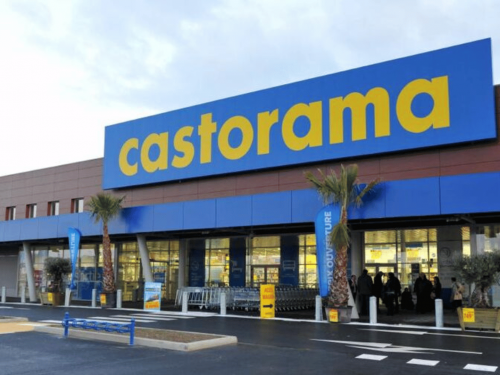A few weeks ago, the French government extended the BACS decree to all buildings covered by the tertiary sector decree, of which only a small fraction are currently equipped. All tertiary buildings with equipment rated at ≥ 70 kW (around 1,000 m2) will now have to be equipped with energy management systems by 2027.
An important and unavoidable decision if the objectives of the tertiary sector decree are to be met! BMS is undoubtedly the most cost-effective way of taking direct and lasting action to reduce energy consumption in buildings.
However, implementing such a system alone is not enough, and requires a number of additional elements:
1/ Technological tools that enable real-time monitoring of the building’s condition, necessary for understanding how the site operates and adapting consumption.
Coupled with an intelligent control solution, the possibilities offered by BMS are multiplied tenfold. For example, it is now possible to optimize equipment operation automatically via algorithms that take into account key data such as: presence schedules, indoor and outdoor temperature, building thermal inertia, weather forecasts, air quality, planned activities in different areas of the site, etc.
2/ Human expertise to support optimization operations by continuously correcting and adapting operating scenarios.
BMS also provides information on the performance of heating and ventilation systems, enabling managers to monitor and anticipate their day-to-day management through predictive analysis.
The data collected is obviously used to identify energy-saving potential, and areas for improvement, enabling rapid adjustments to reduce operating costs.
In regulatory terms, the BACS decree is an opportunity for companies to turn an apparent constraint into a lever for success, enabling them to implement an efficient, sustainable energy policy under the best possible conditions, and achieve the objectives of the tertiary sector decree.




